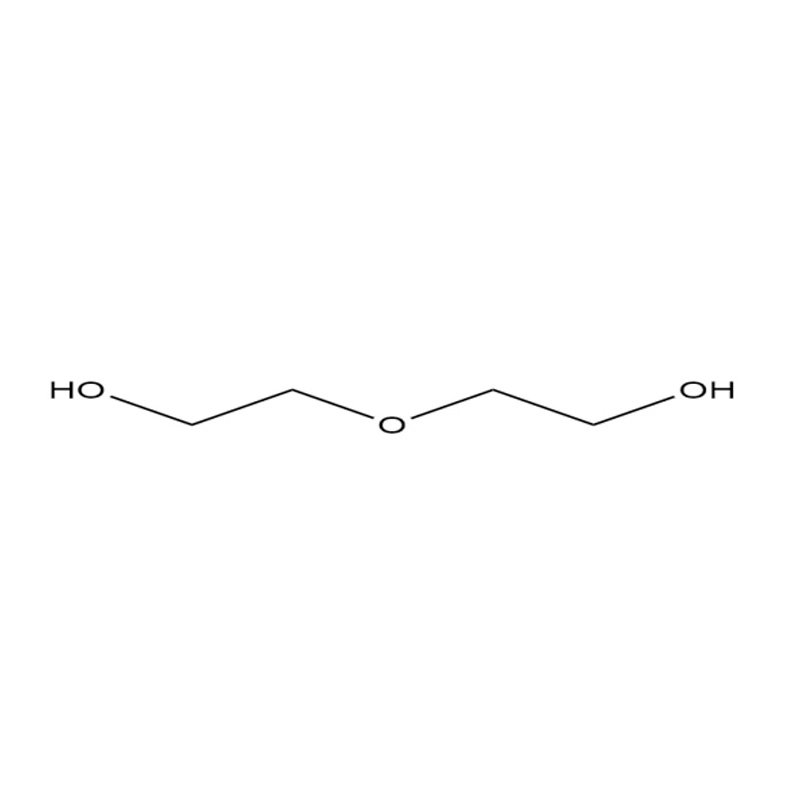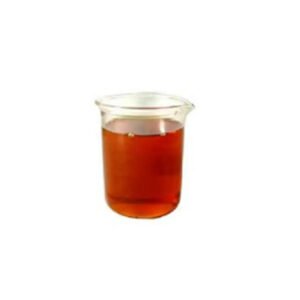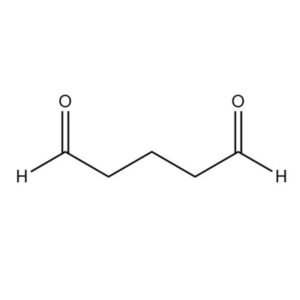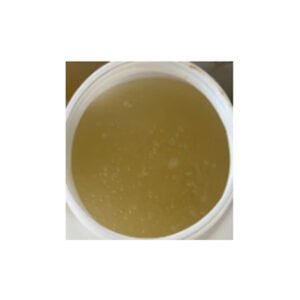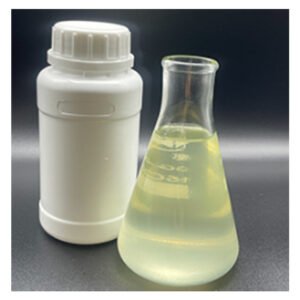CAS: 111-46-6
Alias: DEG; Diglycol
Molecular formula: C₄H₁₀O₃
Relative molecular mass: 106.12
Structural formula: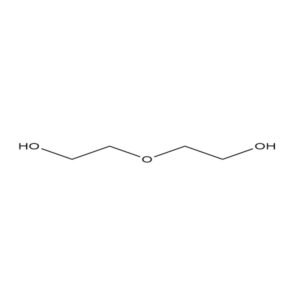
1. Product Property
Diethylene glycol (DEG) is a colorless, odorless, and viscous liquid. It is hygroscopic and has a sweet taste. DEG has a density of approximately 1.116 g/cm³ and a boiling point of 244°C. It is miscible with water and most organic solvents, and it exhibits good solvent properties
2. Quality Standard
| Parameter | Specification |
| Purity (GC) | ≥ 99.5% |
| Water content | ≤ 0.1% |
| Acidity (as acetic acid) | ≤ 0.005% |
| Density (20°C, g/cm³) | 1.116–1.118 |
| Refractive index (20°C) | 1.4450–1.4470 |
| Distillation Range (°C) | 245–250 (95% vol) |
| Residue on evaporation | ≤ 0.005% |
3. Application Scope and Usage
Mainly used as a gas dehydration agent and an extractant for aromatics. Also used as a solvent for nitrocellulose, resins, oils, printing inks, etc., a softener and finishing agent for textiles, as well as for extracting coumarin and indene from coal tar. In addition, diethylene glycol is also used as a brake fluid additive, a celluloid softener, an antifreeze agent, and a diluent in emulsion polymerization. It is also used as a plasticizer for rubber and resins; polyester resins; fiberglass; amine carbamate foams; viscosity improvers for lubricants, etc. It is used in the production of products such as synthetic unsaturated polyester resins.
4. Package and Storage
Diethylene glycol is typically packaged in 200-liter drums or 1000-liter IBC tanks. It should be stored in a cool, dry, and well-ventilated area, away from heat sources and direct sunlight. The storage temperature should be maintained below 30°C. It is essential to use appropriate protective equipment when handling DEG, and to ensure that the containers are tightly sealed to prevent contamination。

